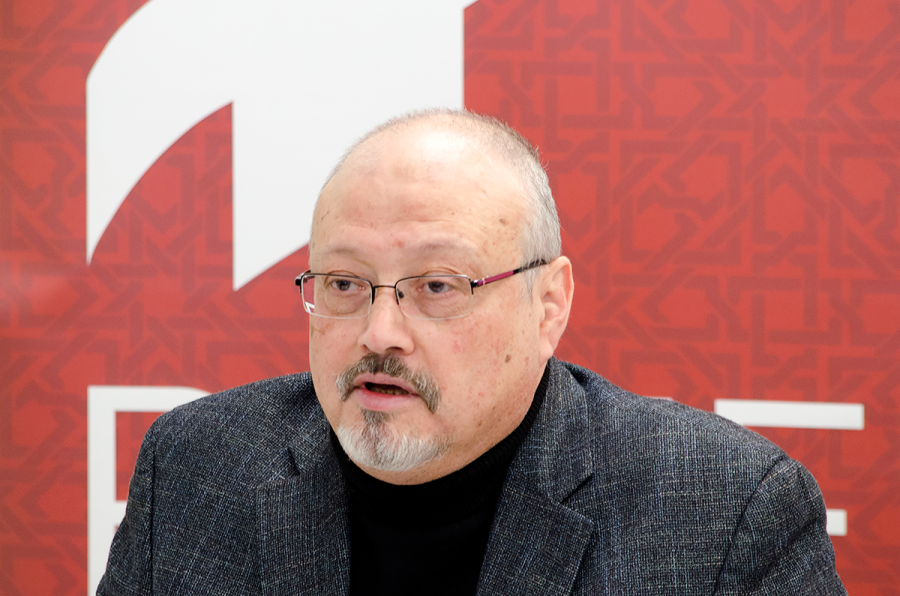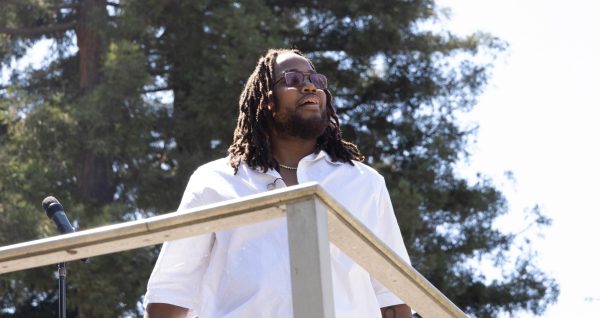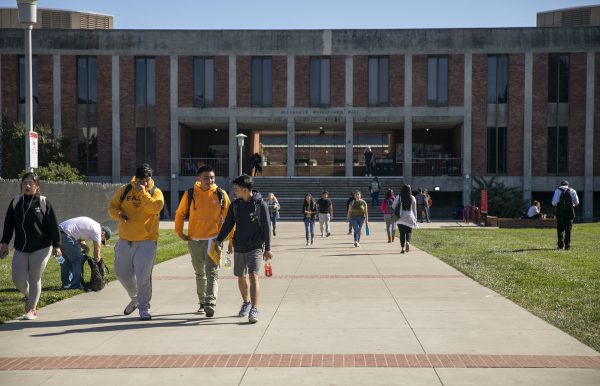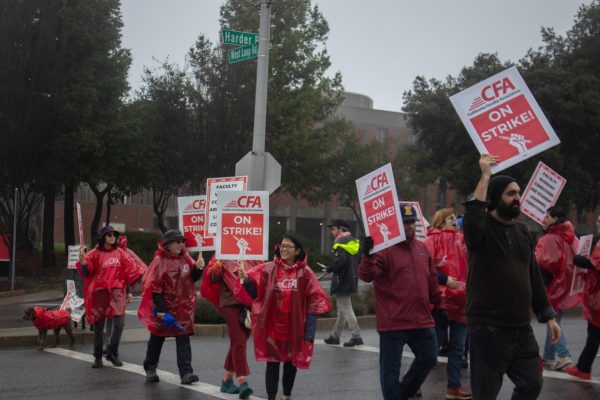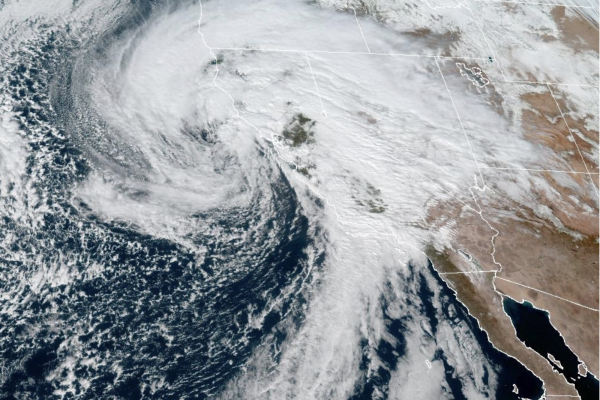The Risks and Perils of Journalism
PHOTO COURTESY OF APRIL BRANDY/WIKIMEDIA COMMONS
Saudi journalist, Global Opinions columnist for the Washington Post, and former editor-in-chief of Al-Arab News Channel Jamal Khashoggi offers remarks during POMED’s “Mohammed bin Salman’s Saudi Arabia: A Deeper Look”
November 15, 2018
Journalists around the world have been reminded of the dangers that their profession may bring since the recent unexplained death of Washington Post Columnist, Jamal Khashoggi in Turkey and the imprisonment of Photojournalist, Shahidual Alam in Bangladesh.
Khashoggi reported on threats to free media in Middle Eastern countries in his last column for the Washington Post before his death.
The Washington Post ran Khashoggi’s column after his disappearance, but it was printed without any text in it because he had not been seen or heard from since he entered the Saudi Consulate in Istanbul. It has also been 100 days since Photojournalist Alam was incarcerated due to his report on student protests in Bangladesh.
Journalists in the United States have recently received backlash from President Donald Trump and his administration.
CNN’s White House Correspondent, Jim Acosta’s press pass was suspended after a fiery exchange with the President during a post-midterm election press conference. CNN filed a lawsuit in response against the Trump Administration for infringing on Acosta’s first and fifth amendment rights.
“Without journalists, we wouldn’t know the vast majority of what Trump or his cabinet is doing,” said California State University, East Bay’s Communication Lecturer, Casey Beck. “All of the scandals that have come out, the way they are spending government funds, all of that is done by journalists.”
This has not deterred the public from consuming journalism. The New York Times has reported their highest print and digital subscription rates since the Trump administration entered office.
Journalists have been more concise in their reporting covering the president and the federal government in the “Fake News” era, a term coined by President Trump, due to the considerable amount of criticism they faced after the 2016 Presidential Election.
“I saw fake news long before it was called that, it was called corporate media, we called it the mainstream media,” said CSUEB’s Communication professor, Kevin Pina. “Only now with Trump in office, do we see any real, critical challenge of the government. During the Obama administration, we didn’t hear journalists objecting to the troops in Afghanistan, of the longest U.S. War in history, the budget like they are now. Unfortunately, it took a Trump for them to act like real journalists.”
Journalists are seen as the gatekeepers of information for societies. They draw attention to issues that governments have turned a blind eye to.
“When I’m able to draw attention to human rights issues and have it taken seriously by Amnesty International and other international human rights groups and put pressure on the people who are hurting other people it in itself has been rewarding,” said Pina.
Many journalists have continued to cover stories that have been under-reported, typically in dangerous countries where government regimes have censored journalistic articles and photographs in an effort to stop them from reaching the public.
“I went to Haiti in 1990 to cover the country’s first Democratic Election where this Catholic Priest, Jean-Bertrand Aristide was running for the presidency. I was invited to cover his campaign and I ended up staying in Haiti and chronicling his first six months in office,” said Pina. After the Coup [of 1991], I had to return to the United States and take some chances and chronicle the brutality of the Haitian Military.”
However, journalism can be rewarding despite the perils faced in the process.
“In a recent project that I did, I had a subject, who was in the documentary write me and say ‘I was so happy to be a part of this and thank you for including my story and my voice,’” said Beck. “Anytime one of your subjects like the message that is coming out of their situation is great and this why we do it, to get powerful stories out there.”




